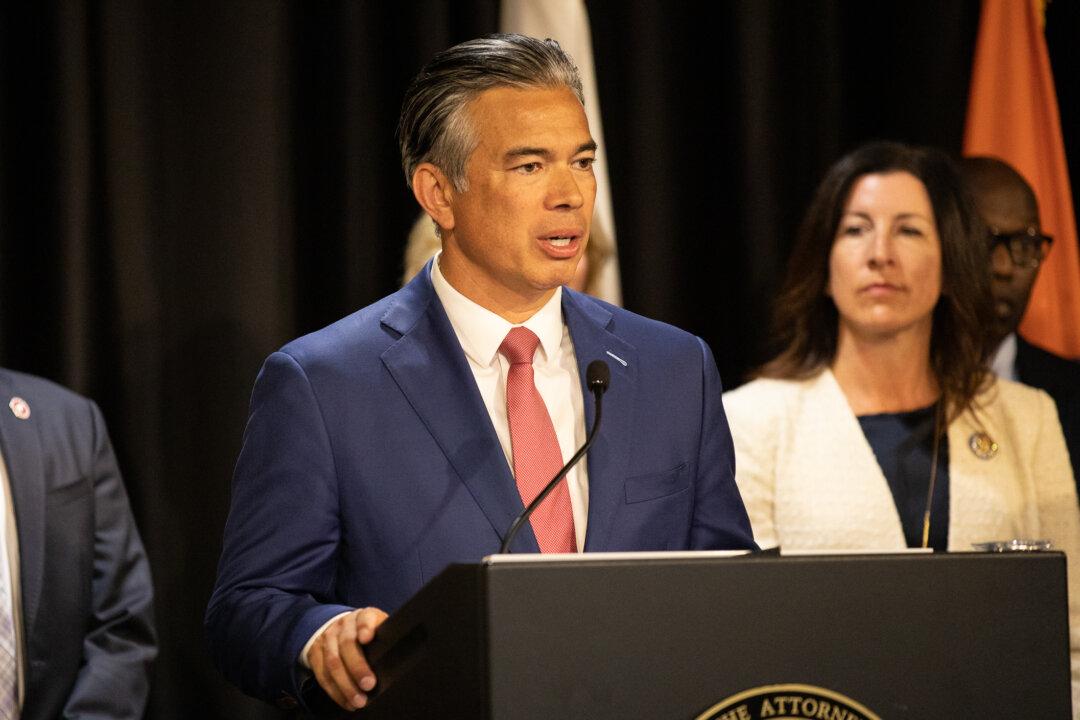The state of California filed a fresh motion in Orange County Superior Court April 10 seeking compliance from Huntington Beach for a state-mandated affordable housing plan in a lawsuit that already challenged the city for violating housing laws.
Under the original lawsuit filed March 8, California sought to strike down Huntington Beach’s ban on the processing of applications under SB 9—which was passed by the California Legislature in 2021 and allows up to four homes on lots where only one existed previously—and for accessory dwelling units, better known as ADUs or “granny flats.”





